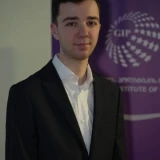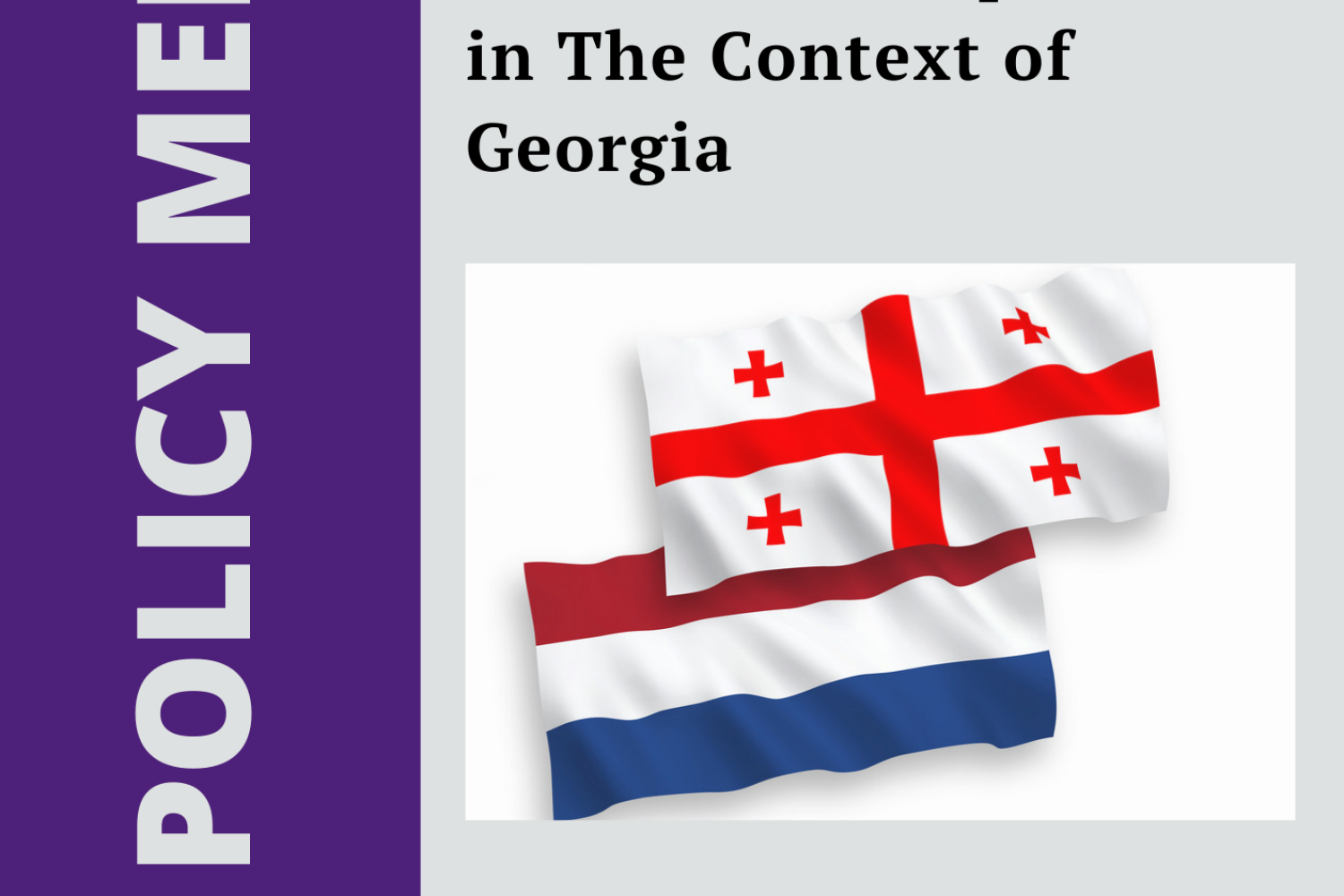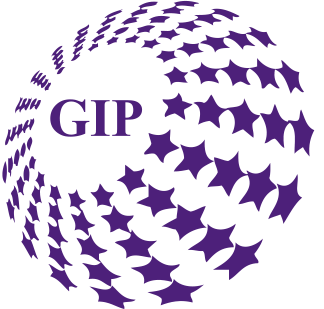2024-06-07 18:46:47
The Russian invasion of Ukraine in 2022 has faced the European Union (EU) and its member states with acute threats. To address these challenges, the EU must strengthen its unity and collective response. For the Netherlands, to be part of this unity, it has meant having to formulate a clearer narrative on East-Europe and the future of the EU. Meanwhile, for Georgia, being a part of the Associated Trio within the Eastern Partnership (EaP), together with Moldova and Ukraine, has created a momentum to gain further rapprochement with the EU resulting in getting the EU candidate status in December 2023.
Georgia’s path to EU membership hinges on the support of EU member states. The Netherlands, being a founding EU member with a significant economy, can play a key role in this process. However, the Netherlands has been accused of punching above its weight when it comes to its role in the EU (Janning 2019). Alongside geopolitical changes Dutch foreign policy has been changing as well during the past decade, especially regarding EU expansion and Eastern-Europe. However, recent political shifts, including the victory of the far-right Party for Freedom (PVV) of Geert Wilders in the 2023 Dutch election, have cast uncertainty on the future of Dutch foreign policy. This policy memo will dive into the development of Dutch foreign policy regarding EU expansion and how this has shaped—and will shape—Dutch-Georgian relations.
Policy Memo #74 | June 2024

D. M. (Daan) van Dalen
Intern at the Georgian Institute of Politics




